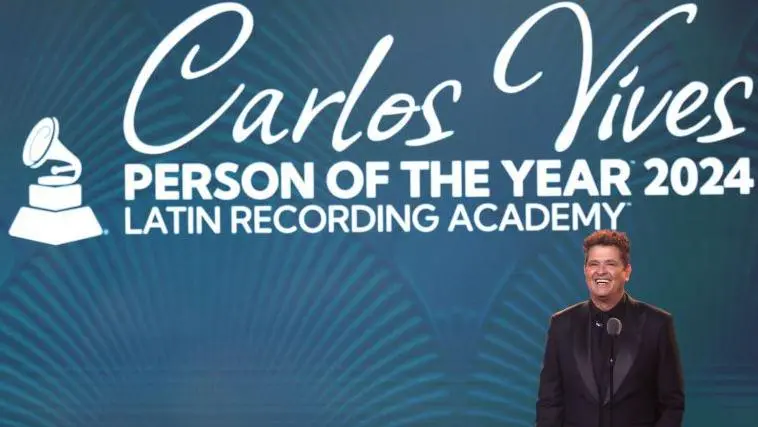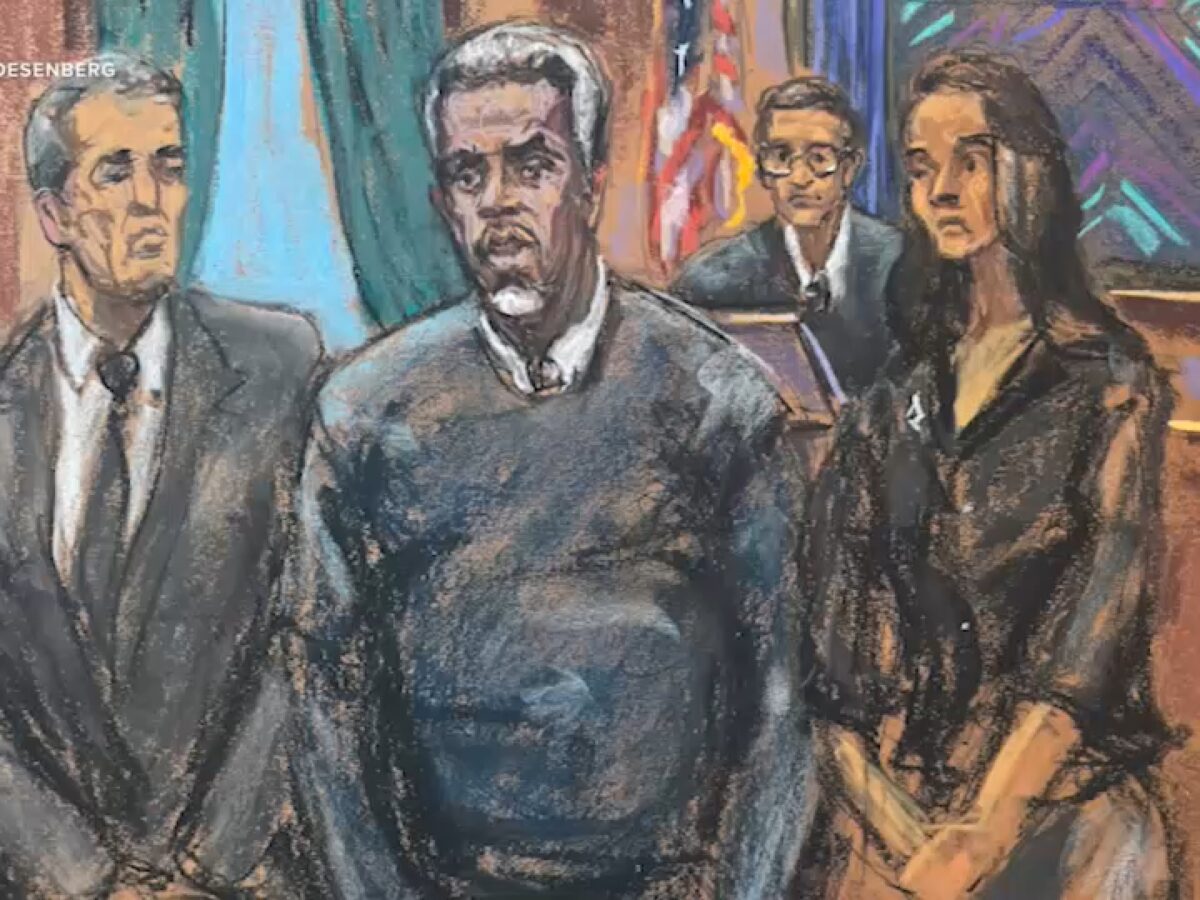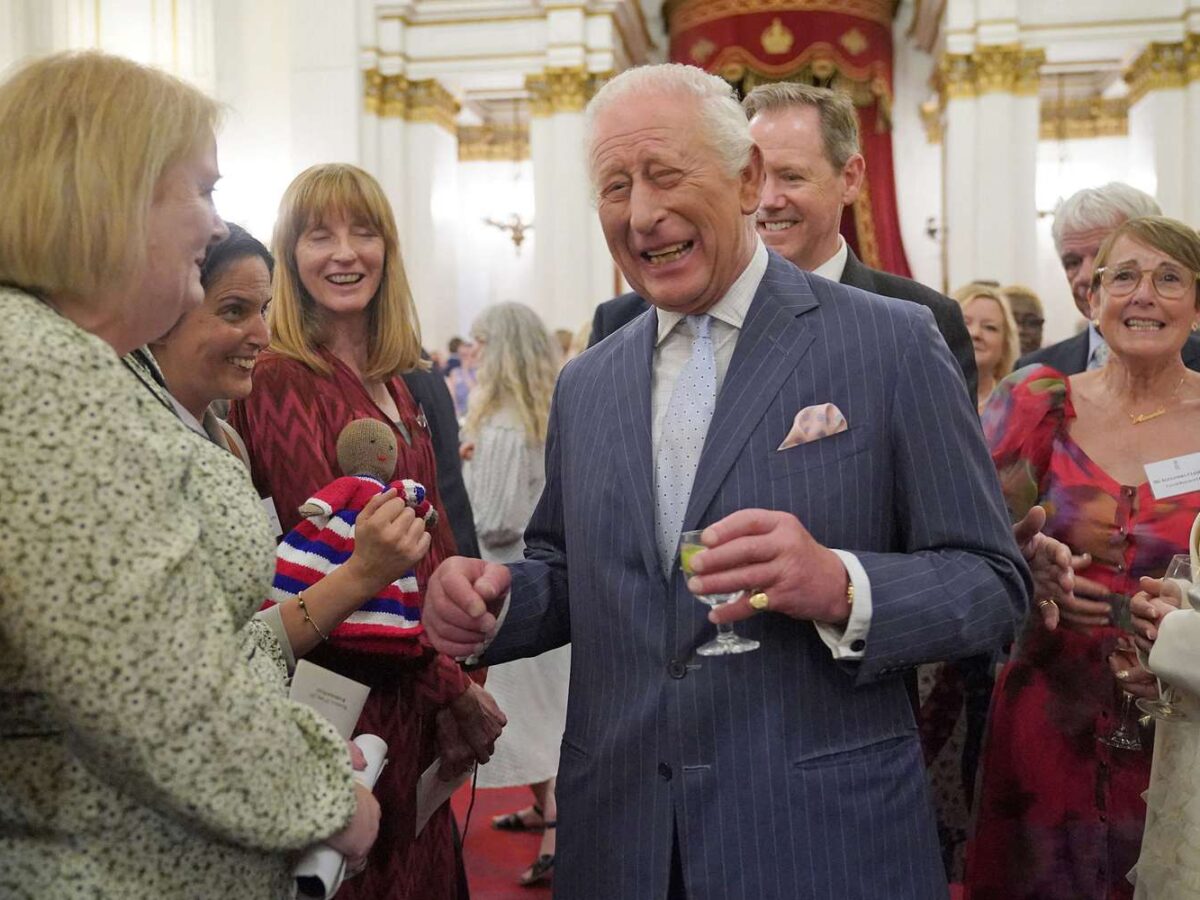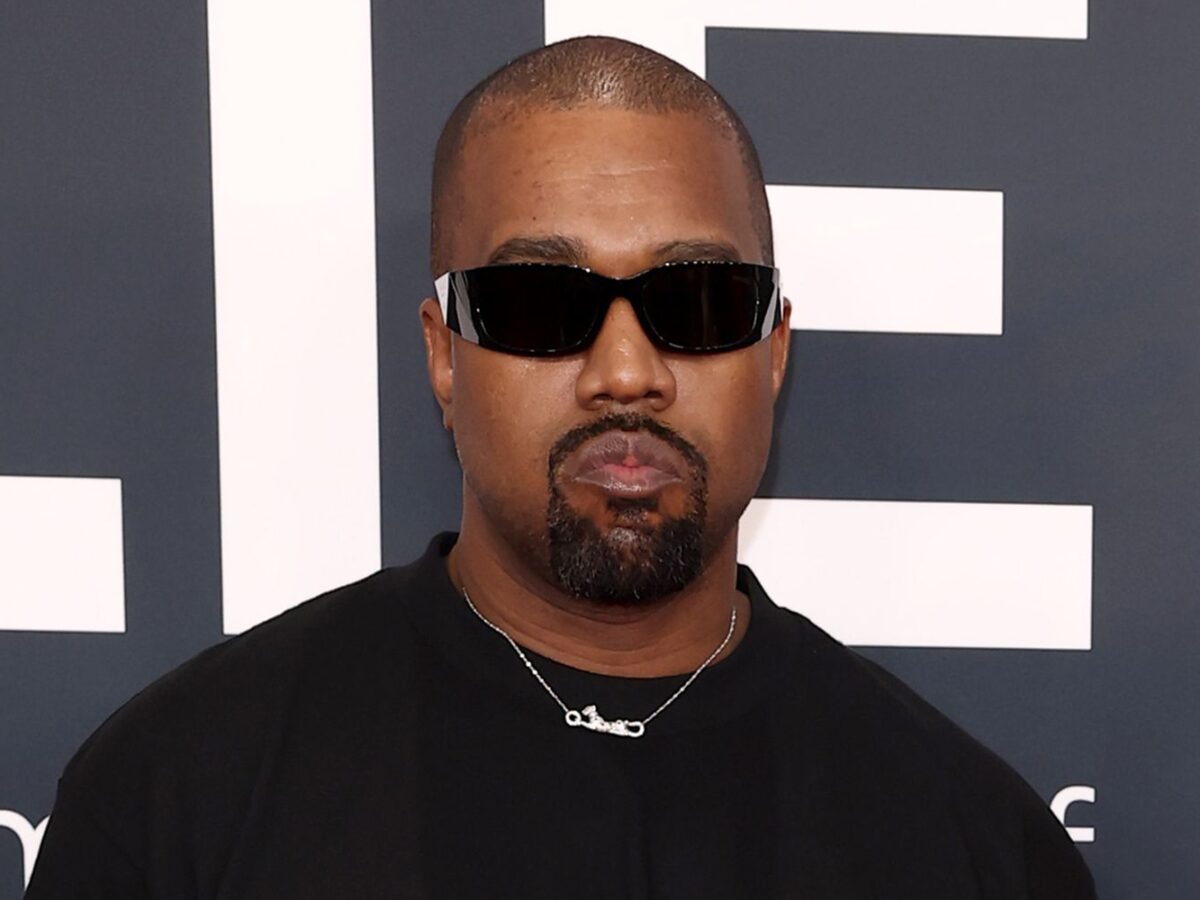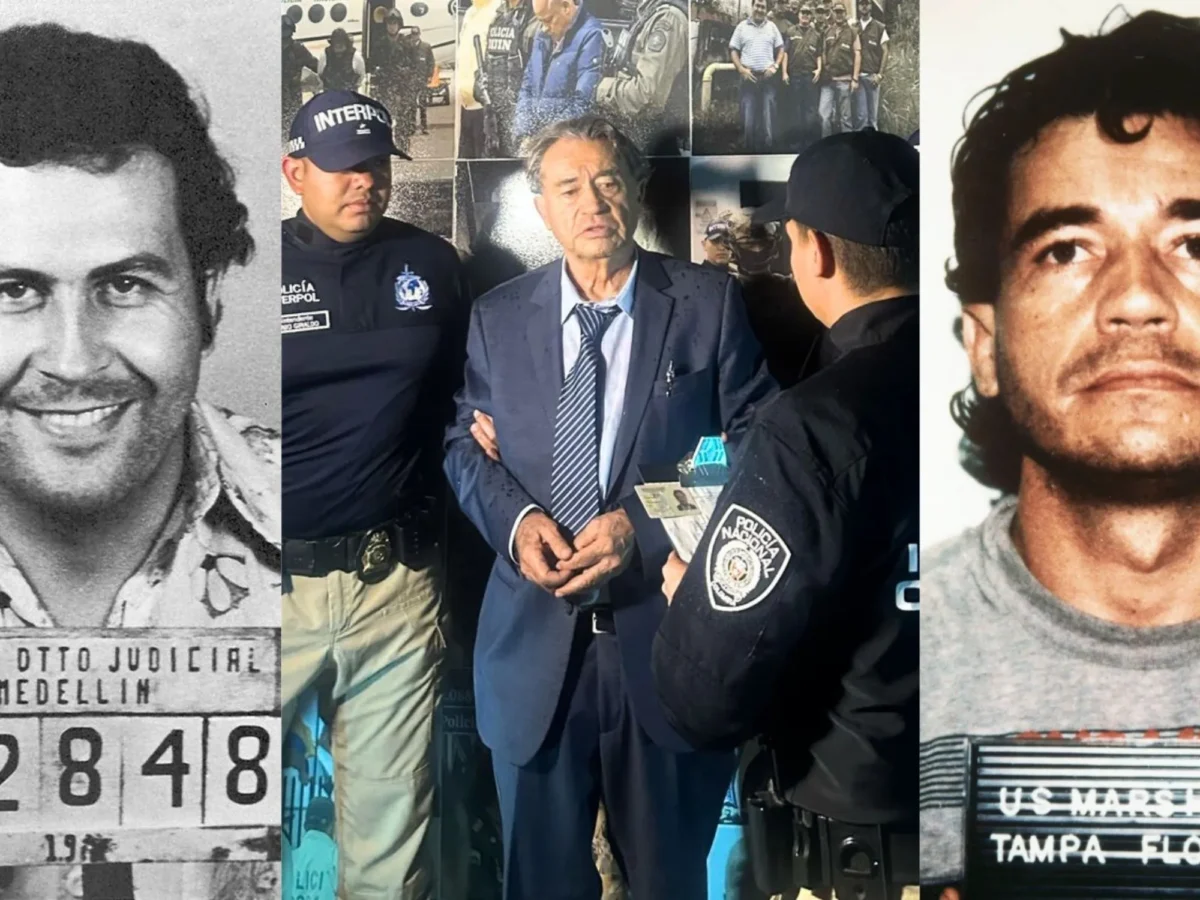Carlos Vives, the legendary Colombian singer and pioneer of modern cumbia and vallenato, has been named “Person of the Year” at the 2024 Latin Grammy Awards. This recognition honors his prolific career, dedication to promoting Colombian culture, and his relentless work in highlighting the roots of Latin American music.
His influence extends far beyond the rhythm of La Gota Fría, with his songs reflecting the rich traditions of the Caribbean region while embracing contemporary sounds. The accolade not only celebrates his music but also his social and cultural advocacy, as he continues to spotlight the struggles of the communities that birthed these iconic genres.
A Voice for the Forgotten
In his acceptance speech, Vives drew attention to the dire socio-economic conditions faced by the indigenous communities that gave life to cumbia and vallenato. “We have impoverished the culture that gave us identity, and now it lives in misery,” he stated, highlighting the disconnect between the global success of these musical genres and the plight of their creators. His words echo a broader narrative of cultural preservation amidst modern exploitation.
“We Have Failed the Guardians of Our Identity”
In an interview following the announcement, Vives delved into the challenges of preserving Colombian cultural heritage. “We impoverished the culture that gave us the cumbia, the music, and our identity. And now it lives in misery,” he stated with poignant clarity. His words spotlight the forgotten custodians of cumbia and vallenato—rural and indigenous communities—who face systemic poverty despite their cultural contributions shaping Latin music’s global appeal.
This sobering perspective added depth to his award. It underscored Vives’ mission: not merely to perform and modernize these traditional sounds but to advocate for the dignity and well-being of those who sustain them.
A Mother’s Pride, a Nation’s Honor
Aracely Restrepo, Carlos Vives’ mother, shared her pride and emotion during an interview with W Radio. Reflecting on her son’s journey, she spoke about his resilience, dedication, and the values instilled in him from a young age. “It fills us with pride,” she said, expressing her deep gratitude for the recognition her son received. For Restrepo, this moment is a validation of her son’s lifelong work to elevate Colombian music while staying true to his roots.
The ceremony itself was a grand celebration, filled with heartfelt tributes and performances that paid homage to Vives’ legacy. Yet, his mother’s words reminded everyone of the personal and familial sacrifices behind his public success.
You may read: Sofía Vergara’s Bold Move: Launching ¡DIOS MÍO! COFFEE
Reviving and Preserving Colombian Music
Vives’ efforts go beyond performance; he has committed to revitalizing the essence of Colombian folk music. Through his projects, he merges traditional and modern elements, creating a bridge for younger generations to connect with their roots. His album Clásicos de la Provincia remains a testament to his dedication, reviving classic vallenato and introducing it to international audiences.
This award cements Carlos Vives’ legacy not only as a musician but as a cultural ambassador for Colombia. With the spotlight on him, one question lingers: will this moment inspire a broader movement to uplift and support the communities that shape Latin music’s rich tapestry?

